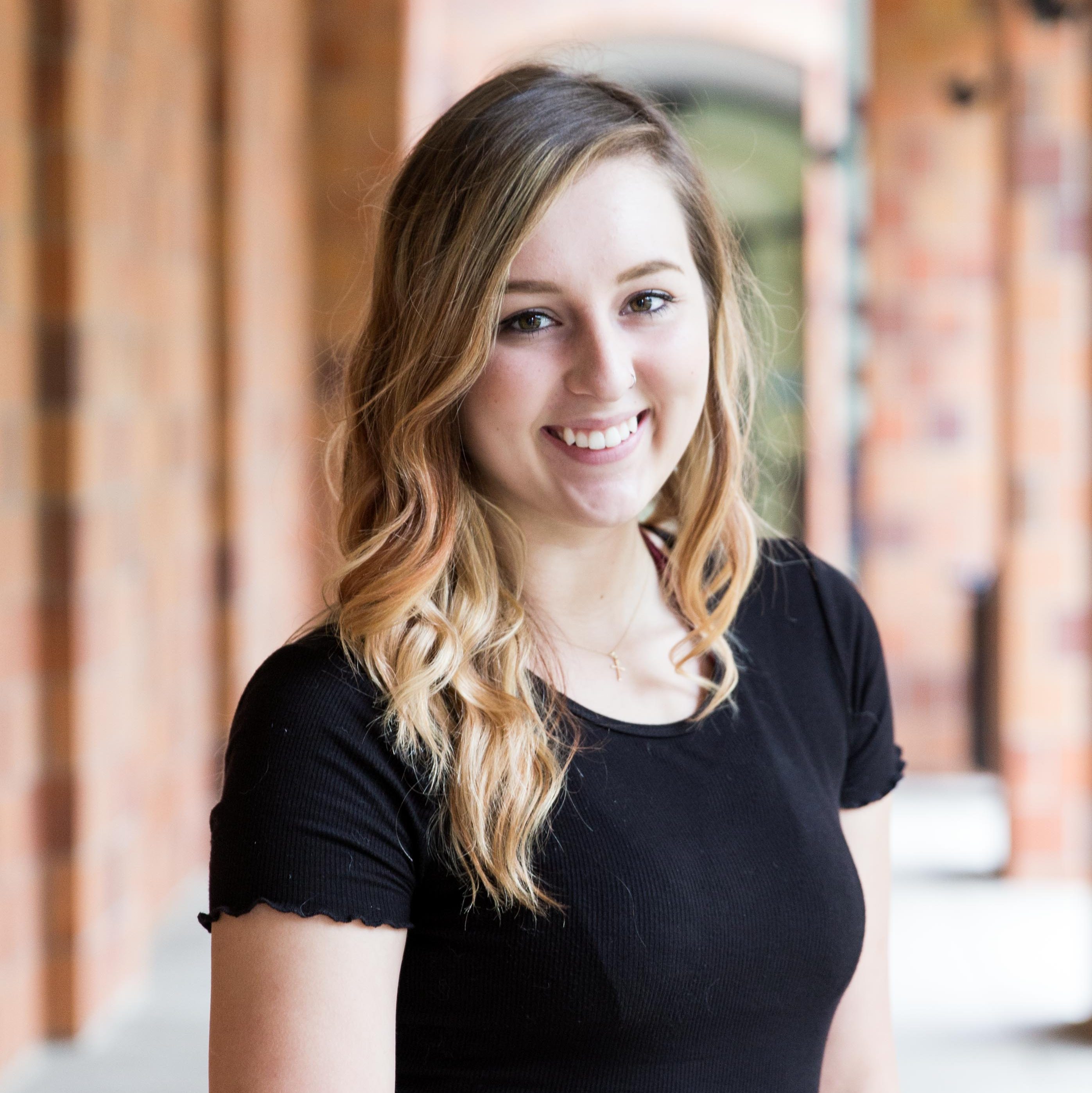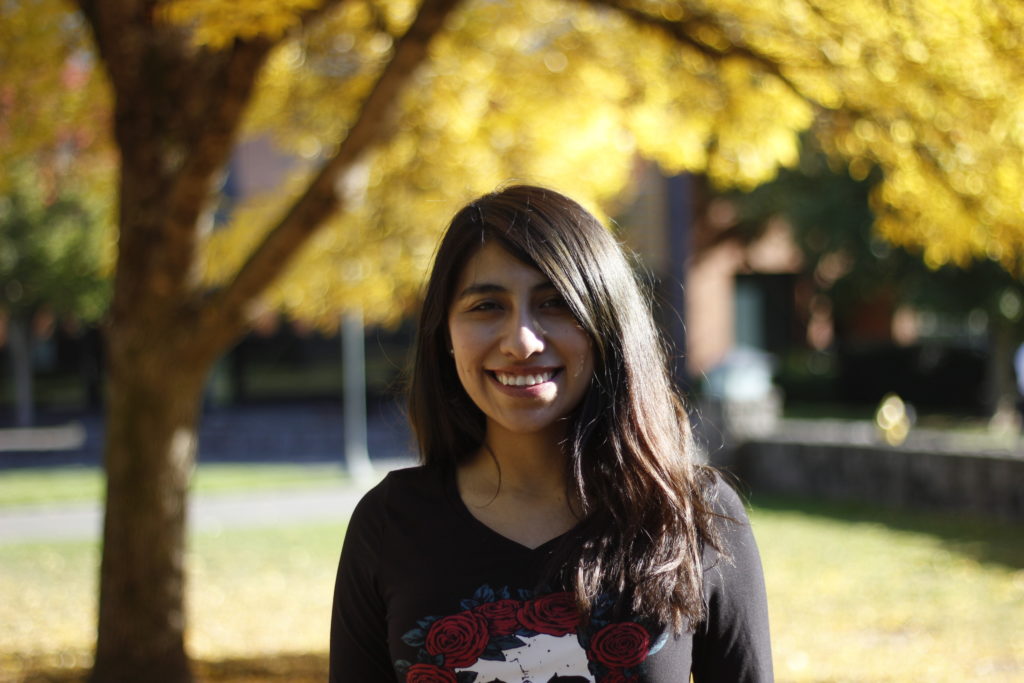The fall season brings a time of joy, a time of planning ahead for college and a time of uncertainty for an estimated 45 students according to April Tovar, assistant director of Student Financial Services at WSU Vancouver. A likely 6,200 unauthorized immigrant students live in the Vancouver-Portland metro area, according to a United States Citizenship and Immigration survey.
The Free Application for Federal Student Aid (FAFSA) provides access to federal grants and loans available for qualifying students. FAFSA applications opened Oct. 1. Another form of aid, the Washington Application for State Financial Aid (WASFA), may not be as widely known, but also becomes available this time of year. WASFA provides access to state-funded financial aid for students who are not eligible for federal aid due to their immigration status.
“Filing the WASFA can be scary for families because they are outing themselves and no longer staying in the shadows,” Tovar said. “While WASFA information is protected, it can be scary for students and their families to share such personal information in a state government website.”
Tovar added that the WASFA application can be challenging to complete, especially for students with limited access to computers or the internet. “This is why the weekly computer lab help we are providing the month of October is so important to help families complete their financial aid forms and not give up.”
Gema Hernandez, an undocumented student at WSU Vancouver discussed the anxiety that comes with filing the WASFA. “Well, in my case, it’s kind of complicated because my parents don’t really know what FAFSA or WASFA is,” Hernandez said. She continued to explain that her parents were unaware of the opportunity for her to go to college, let alone financial aid for undocumented citizens.“They worry that [WASFA tax] information might get them deported,” Hernandez said.
On Sept. 5, 2017 the federal government cancelled Deferred Action for Childhood Arrivals (DACA) which previously allowed undocumented immigrants to continue education in the United States. Despite this, in the state of Washington, undocumented students are still able to qualify for state- aid if they meet the DACA standard or 1079 standard.
Both the DACA and the 1079 standards require residency in Washington State prior to applying. Undocumented immigrants also have to sign an affidavit promising to pursue legal citizenship as soon as possible. According to Tovar, a total of 1.5 percent of WSU Vancouver students apply for WASFA, which accounts for approximately 45 students.
With regards to resources for undocumented students on the WSU Vancouver campus, Tovar said “Student Financial Services tries to provide support for the Vancouver campus undocumented students by making sure they know of deadlines, scholarship opportunities and other campus resources, such as the Student Diversity Center, that are open to them.” She added, “The Student Diversity Center is trying to build support for campus undocumented students by providing a safe space and campus educational opportunities. In addition, a student group just formally formed last year called the Crimson Group, who are made up of students who want to support undocumented students on campus, and many of the group are undocumented themselves.”
In addition, Tovar mentioned financial aid resources also offered around campus, such as the A-Z of Paying for College workshop held throughout the year.
“For the entire month of October, we will be helping students in VUB 202 complete their financial aid forms. This effort is part of a larger financial aid help program called College Goal Sunday. The program is called College Goal Washington in Washington State,” Tovar said. Scholarship 101 is offered annually, happening from 6 — 7 p.m. on Dec. 5 in VDEN 110.
Hernandez expressed concern for scholarship availability for undocumented students. “When you start looking for scholarships, one of the requirements is to be a U.S. citizen or to have a visa that allows you to be in the U.S. It’s not that there are not as much resources [as documented students], they’re just harder to find,” Hernandez said.
“If I don’t get [WASFA aid], then I’m definitely not going to go to college. There’s not a back-up plan, like ‘Oh I can get a student loan.’ Oh no, I can’t” Hernandez said.
She continued, stating how “April [Tovar] is the person to talk to when you need help, regardless of your citizenship status. She is so dedicated and passionate in helping undocumented students at WSU Vancouver, it’s been amazing.”
Hernandez offered advice to other undocumented students who may be reluctant to file for financial aid saying “They shouldn’t be afraid, because the help is there and it’s safe.” She added, “They can come and get help from April [Tovar]. They can come to College Goal Washington; the help is there. They just need to reach out and get it.”
According to Tovar, “Thirteen percent of our [WSU Vancouver] students still missed the FAFSA or WASFA priority deadlines. About six years ago that number was 33 percent! So we have halved the number of students who file late. However, I hope we can continue to lower this late FAFSA filer rate to single digits. A student who is eligible for a $10,000 State Need Grant will lose it all if they are late – even by one day!”
Tovar added that filing for financial aid in October will ensure that the deadline is met.
Federal aid is available for both documented and undocumented students. However to be eligible for priority status students must apply early. There are thousands of dollars set aside for students to pursue education, regardless of their status.

Anna Nelson is the Editor in Chief for the VanCougar. She is a senior and is studying strategic communications.
